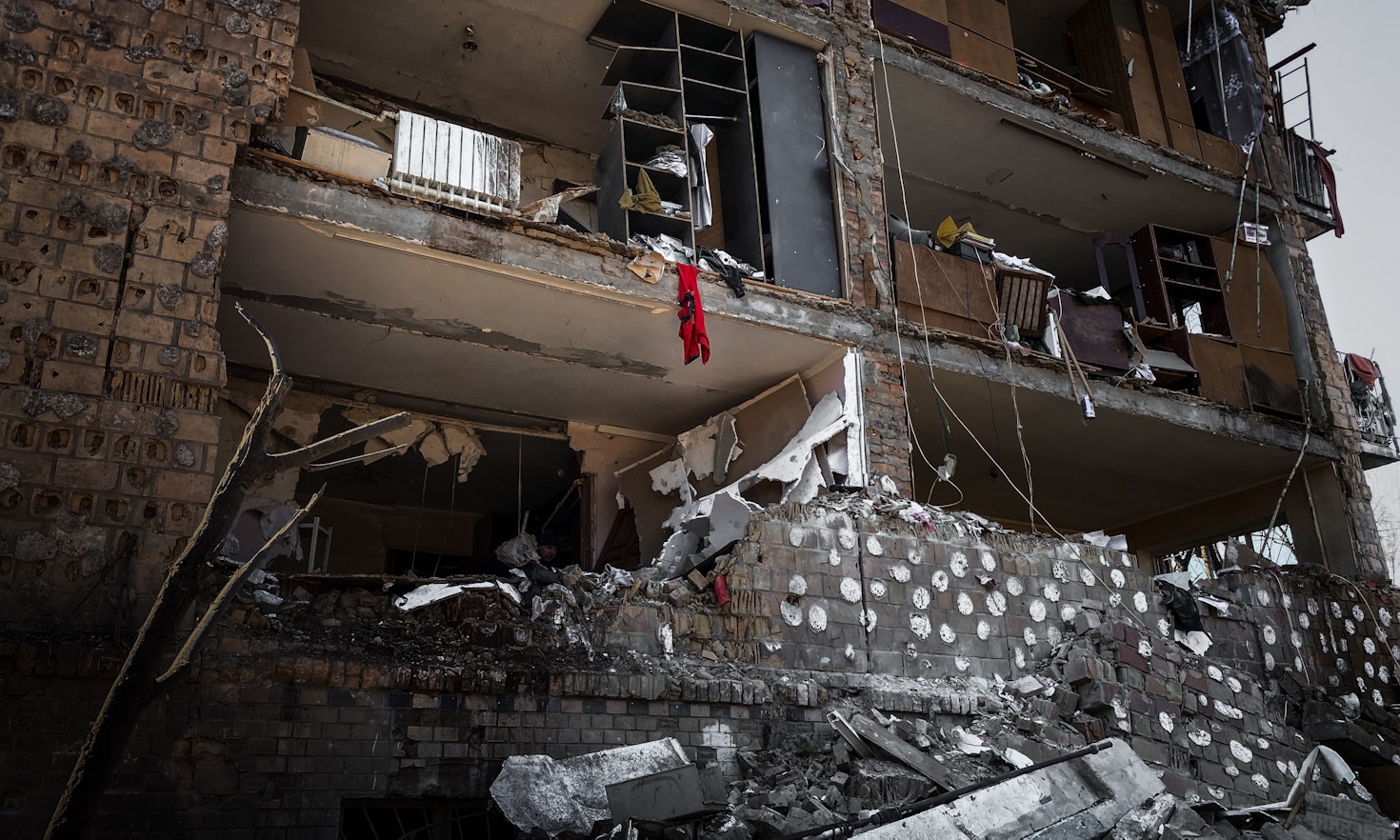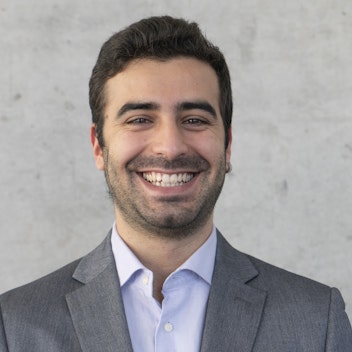The Russian invasion of Ukraine and the threat of realism in Europe

On 24 February 2022, Russia’s President Vladimir Putin launched a special military operation1 triggering the invasion of Ukraine. Once again war has broken out, and the world’s reaction is resounding. Considering the President of the EU Commission’s remark, defining this event as a “watershed moment”2, it is fundamental to correctly assess the situation. The matter to be understood is how far will this almost sudden resurgence of realism as predominant IR approach, influence Europe and the European project from here onwards. As seen by the strong reaction of the international community, in the forms of economic sanctions and coordination, the Russian invasion of the sovereign State of Ukraine is not something that will go unpunished. From a more general perspective, this aggression appears to have shaken the dormant international community still attempting to recover from the harshest phases of the coronavirus pandemic. While Russia “appears to be behind its own timelines for the invasion”3, achieving mixed results, the global community’s prompt reaction could be due to the escalation of the conflict having occurred in a rather rapid fashion, barely allowing the necessary countermeasures to be taken. Moreover, the numerous international and humanitarian laws broken, further complicate the matter. Not only has the Russian federation invaded a sovereign state, but it has also committed, and continues to commit atrocities, with several countries calling for justice and consequences, to the point of Hague health secretary Sajid Javid having released a declaration that Vladimir Putin will be held responsible for his crimes during this war4.
It is widely accepted that following the end of the Cold War, the world entered a new phase. The advent of a multipolar world, theoretically distant from the bipolar hostage-like situation that characterized the Cold War years, ought to have brought the international community towards a new balance. Realism as an international relations theory, which had allegedly characterized the grand strategies of the superpowers during the Cold War, appeared to have outlived itself and left space for liberalism and other theories to take over. Europe had been stabilized and embarked on its quest to stability and prosperity, with democratic and liberal values at its forefront. However, Russia’s recent invasion, and most importantly the stance it has adopted, foresee a possible resurgence of this approach.
Realism as an international relations theory can be best summarized by Mearsheimer’s remark: “States should maximize power, and their ultimate goal should be hegemony, because that is the best way to guarantee survival.”5 Notwithstanding the presumption that following the end of the Cold War unipolarity had arrived6, the recent developments seem to show a rather different situation. Russia’s actions appear to mirror more of a realist approach to international politics than anything else. The language used by President Putin seems to recall realist-specific themes such as “security”, “survival”, and “existential threat”7. The war also illustrates a further classic realist concept: the idea of a “security dilemma,”8 to which Putin has appeared to respond to by threatening the use of sanctions and military action as well as nuclear weapons. Further evidence of the emergence of a realist dynamic can be found beyond Putin’s stance. As abovementioned, the international community has been particularly vocal in condemning Russia’s actions, and equally in adopting countermeasures. Moreover, the severity of the situation and its alleged realist shift, could also gain traction in the broken neutrality of some countries. A strong example is Switzerland, which broke its longstanding neutrality and joined the EU in its sanctions-imposing process.9
It is also worth noting the overall western stance in the face of this matter. In a moment where NATO had appeared to have lost its raison d’être, this conflict gave NATO and the US a renewed push. The realist argument brought forward here, considers that “to explain what is happening now, you have to go back to the U.S. move to expand NATO that began in the 1990s.”10 Whether NATO, the US and even Europe itself, should really be held accountable, the specter of a newly founded bipolar world seems incumbent. While maybe not in the more generally accepted scenario, the progressive creation of factions during this conflict might strongly impact the future of international politics and arguably the European Union in turn. Having built a Union by following a set of specific liberal-democratic principles, the current context poses a number of challenges. The question is whether this process of faction-creation will continue and if yes, how will it impact the course of the EU in terms of both internal and external politics. The depth of the integration of the EU in the global markets might reveal itself to be a double-edged sword now more than ever. Considering that China has not condemned Russia’s actions and has abstained from the most recent UN resolution, the potential repercussions of this standpoint should not be underestimated.
It can thus be asserted that while realism appears to have made its comeback as a general approach to the issue at hand, it still seems farfetched to assert its predominance. As far as the west is concerned, the relentless attempt to foster dialogue and mediation consolidates the idea that power politics is not back – at least for now. However, the most recent developments to Russia’s discourse on the use of nuclear weapons, should not be underestimated. As it has become clear, President Putin is becoming increasingly literal in expressing his intentions. Therefore, strong attention should be given to what shape his strategy might take, so as to attempt to predict what the next steps for Europe should be.

Citation
This content is licensed under a Creative Commons Attribution 4.0 International license except for third-party materials or where otherwise noted.






